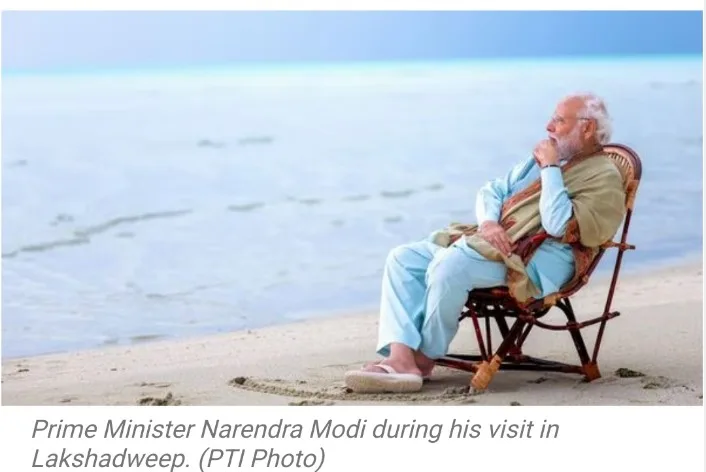The recent diplomatic discord between Maldives and India has ushered in a significant transformation in the travel preferences of Indian tourists, subsequently impacting the aviation industry. The traditionally popular destination, Maldives, has experienced a wave of cancellations by Indian travelers following derogatory remarks from Maldivian officials.
The Shifting Landscape
While Maldives has long been the preferred choice for Indian travelers, the derogatory comments have prompted a reassessment of choices. The diplomatic fallout has led to a decline in Indian tourists opting for Maldives, with at least one Online Travel Agency, EaseMyTrip, halting bookings to the island nation.
Maldives’ Conundrum
As Maldives seeks to attract more European visitors, the void left by Indian tourists poses a significant challenge. In 2023, India contributed substantially to Maldives’ tourism industry with over two lakh tourists, representing 11% of the total arrivals.
Insights into Indian Carrier Presence
Detailed data from Ciricum, an aviation analytics company, sheds light on international departures from Maldives. Presently, Indian carriers operate 48 weekly departures, with Air India, Vistara, and IndiGo connecting major Indian cities to Male. Notably, the weekly flights to Dubai by IndiGo and flydubai underline the demand on this route.
Lakshadweep as an Emerging Alternative
With Indian tourists turning away from Maldives, attention is turning towards Lakshadweep. Historically, Indian carriers had limited involvement in Lakshadweep, but recent developments, including increased flights by Alliance Air and the entry of startup fly91, suggest potential growth.
The focus is now on developing infrastructure in Lakshadweep to position it as a viable and sustainable alternative within India.
Regional Competition and Global Perspectives
The recent trend of visa-free travel has been a significant factor favoring Maldives. However, with Thailand and Malaysia offering similar concessions, and India establishing direct flights to Bali and Jakarta in Indonesia, competition intensifies.
While Maldives remains attractive with its lower flight costs and higher hotel rentals, other destinations like Thailand, Malaysia, and Indonesia provide diverse offerings, including being shopping paradises.
The rapid impact of social media uproar emphasizes the importance of responsible handling of diplomatic scenarios. Maldives’ aspiration to attract more European visitors might come at a cost as it navigates the complexities of global tourism dynamics.



